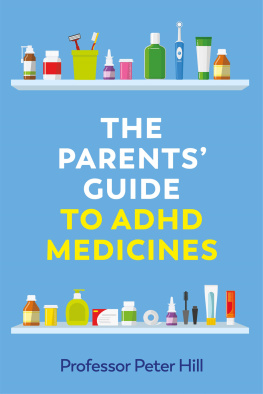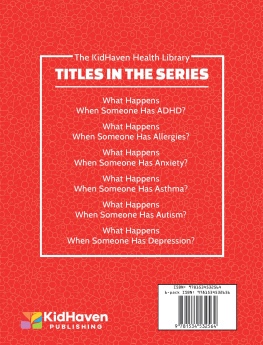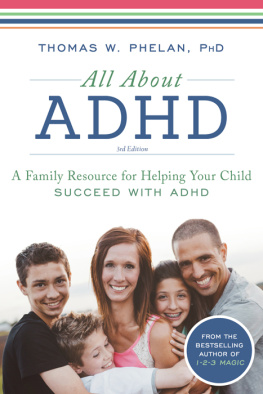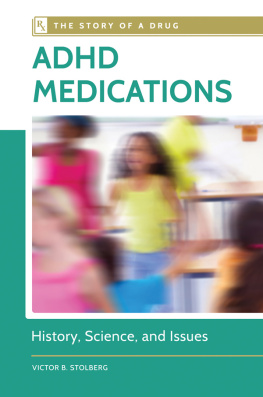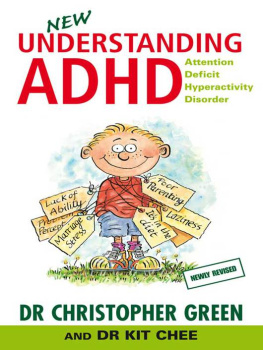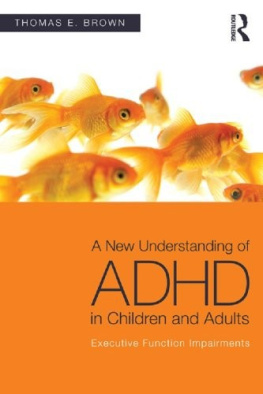To Max and Guy
This edition first published 2010
2010 Chris Chandler
Blackwell Publishing was acquired by John Wiley & Sons in February 2007. Blackwells publishing program has been merged with Wileys global Scientific, Technical, and Medical business to form Wiley-Blackwell.
Registered Office
John Wiley & Sons Ltd, The Atrium, Southern Gate, Chichester, West Sussex, PO19 8SQ, United Kingdom
Editorial Offices
350 Main Street, Malden, MA 02148-5020, USA
9600 Garsington Road, Oxford, OX4 2DQ, UK
The Atrium, Southern Gate, Chichester, West Sussex, PO19 8SQ, UK
For details of our global editorial offices, for customer services, and for information about how to apply for permission to reuse the copyright material in this book please see our website at www.wiley.com/wiley-blackwell.
The right of Chris Chandler to be identified as the author of this work has been asserted in accordance with the UK Copyright, Designs, and Patents Act 1988.
All rights reserved. No part of this publication may be reproduced, stored in a retrieval system, or transmitted, in any form or by any means, electronic, mechanical, photocopying, recording or otherwise, except as permitted by the UK Copyright, Designs, and Patents Act 1988, without the prior permission of the publisher.
Wiley also publishes its books in a variety of electronic formats. Some content that appears in print may not be available in electronic books.
Designations used by companies to distinguish their products are often claimed as trademarks. All brand names and product names used in this book are trade names, service marks, trademarks, or registered trademarks of their respective owners. The publisher is not associated with any product or vendor mentioned in this book. This publication is designed to provide accurate and authoritative information in regard to the subject matter covered. It is sold on the understanding that the publisher is not engaged in rendering professional services. If professional advice or other expert assistance is required, the services of a competent professional should be sought.
Library of Congress Cataloging-in-Publication Data
Chandler, Chris, 1966
The science of ADHD : a guide for parents and professionals / Chris Chandler.
p. ; cm.
Includes bibliographical references and index.
ISBN 978-1-4051-6234-0 (hardback : alk. paper) ISBN 978-1-4051-6235-7 (pbk. : alk. paper) ISBN 978-1-4443-4150-8 (ebk) ISBN 978-1-4443-4081-5 (ebk)
1. Attention-deficit hyperactivity disorder. I. Title.
[DNLM: 1. Attention Deficit Disorder with Hyperactivity. WS 350.8.A8 C455s 2011]
RJ506.H9C47 2011
618.92'8589dc22
2010011917
A catalog record for this book is available from the British Library.
Boxes, Tables, and Figures
Boxes
2.1 The DSM-IV diagnostic criteria for ADHD
2.2 ICD-10 criteria for hyperkinetic disorders
Tables
1.1 The three key symptoms of ADHD
2.1 Conditions that may present as similar to ADHD but are not ADHD
2.2 The Utah criteria for adult ADHD
7.1 Release rate of methylphenidate in different extended- release preparations (the Rubina Chart)
Figures
2.1 The circular relationship between science and diagnosis
2.2 The input needed to make a diagnosis
2.3 The role of biological, social, and psychological factors in the manifestation of the triad of symptoms seen in ADHD
4.1 The endophenotype
4.2 Behavioral inhibition
4.3 The Stop-Signal Reaction Time task (SSRT) and Go/No-go task
4.4 Working memory
6.1 The cortical regions of the brain
6.2 The limbic system
6.3 The regions of the basal ganglia
6.4 The regions of the frontal cortex communicate with striatal regions, which go on to communicate with other regions of the basal ganglia and the thalamus
7.1 The neuron
7.2 The action potential
7.3 Dopamine and noradrenaline synthesis and metabolism
7.4 A normal unaffected dopaminergic synapse
7.5 The effects of amphetamine and methylphenidate on the neuron
Preface
Not another book on ADHD! This is perhaps the groan that will greet this publication. A quick look at Amazon.com indicates that this subject has been written about extensively. So why another book?
The reasons are as follows:
In 1998 our first child was born. He was (and still is) a joy. However, after a couple of years we started to realize he was different. He had the energy and stamina of a superhero; he could walk for several miles by the time he was 3 (although running was his chosen form of movement). His activity was not a cause for concern, we would just accommodate his needs, and as new parents we considered this to be fine; we did not have a comparison. In fact we thought other children were inert and slightly boring! Excitement and activity were to be with us for sometime to come, shortly to be joined by stress and anxiety. But it was not just his zest for life and his activity that were noticeable; he was also starting to show signs of being impulsive and disorganized. He would react to others around him very quickly and often respond physically and sometimes aggressively. He would try to use physical force to get to his goal rather than thinking and problem solving. Although his behavior was not initially a problem in its own right (after all, boys will be boys), it was starting to become an issue not only with us as parents, but also with others who would occasionally care for him and eventually teach him. We became the parents the teachers always wanted to speak with after school.
In common with many others, but suffering in isolation the loneliness that comes with differences can be acute we realized that our sons individuality, or, as they were to become, his difficulties, were preventing full participation and integration within the wider social world, and, more worryingly, were severely restricting his education. To cut a long, and possibly familiar, story short, we went through the multiple processes of evaluation and diagnosis. Eventually, his consultant psychiatrist awarded him the diagnosis of ADHD that we had suspected now for some time. It may appear curious that I use the word awarded as it may imply a prize or goal. But it was an award, and a reward for all the hard work that went into his evaluation. He is now an expert at the psychometric tests. Along with diagnosis came treatment. We had tried a number of behavioral techniques with him, but after the diagnosis came methylphenidate (Ritalin). Methylphenidate is a notorious drug with a controversial history. Stories of addiction and worse were never far away. If the drug works, thats great, but how does it work? and what does it do? are important questions to resolve.
I am a psychobiologist by trade that means I study the biological underpinnings of behavior. I am also a concerned parent, and as any anxious parent who has to make a decision about their childs health, I wanted to find out more about ADHD and its treatment. I thought I would get a good book that would explain it all to me wrong! I was greeted with a lot of books, none of which had the answers I required. Many were books about the demise of a past society and the creation of a modern fast-paced society full of bad parents. On the back cover of Angela Southalls book in bold it states This is not just another book on ADHD. This book tells the side of the story most of us are otherwise unlikely to hear. However, Southall puts forward a similar set of arguments about ADHD that a great majority of other anti-psychiatry books do, she just does it in one entertaining and intuitively appealing volume [1]. These books did tell me about the horrors of methylphenidate and that parents and society are ultimately to blame. Many of the books are selective in their use of evidence a criticism that the authors will no doubt direct at me.


